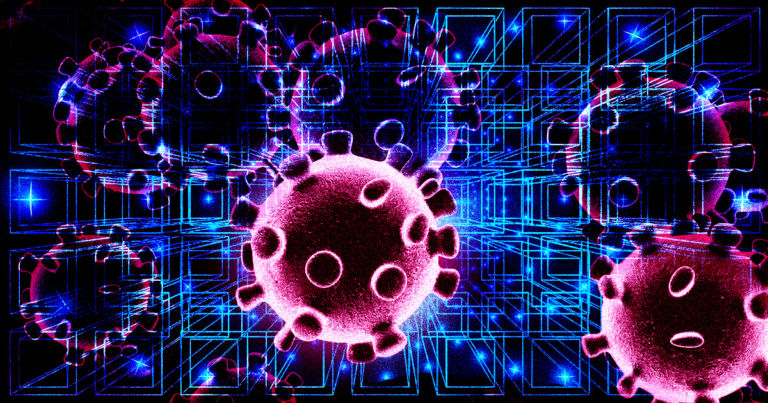It has been reported that the hackers if they successfully break into the systems, they steal private data to monetise it in a different way – usually for the purpose of providing advice or insights, based on the data, to share value of the competitive advantage.
For example, a bank might get targeted and have its data analysed to gain an understanding of its market exposure, clients, and back-end systems. A competitor can use that to gain significant benefit. The reality is that in this evolving cyberthreat landscape, no company or government institution can consider themselves safe.
The top industries under attack in Sub-Saharan Africa in H1 2020 include government, education, healthcare, and military. While government and military present compelling – and obvious – targets, education and healthcare are often used as pivot points to gain access to other institutions. Sometimes, an entity is a victim while other times it is the target.
The top three threat actors in these regions in this regard are TransparentTribe, Oilrig, and MuddyWater.
“The remainder of the year will likely see APT groups and hacking-for-hire threat actors increase in prominence across the globe. Africa will continue to see more sophisticated APTs emerge and we also suspect that the hacking-for-hire actor type could target companies in Africa in the future. We also anticipate that cybercriminals will increase targeted ransomware deployment using different ways. These can range from trojanised cracked software to exploitation across the supply chain of the targeted industry. Data breaches will certainly become more commonplace especially as people will continue to work remotely for the foreseeable future while exposing their systems to the Internet without adequate protection,” says Maher Yamout, Senior Security Research, Global Research & Analysis Team at Kaspersky
In South Africa, Kenya and Nigeria, APT groups are exploiting the current uncertainty around COVID-19 to steal sensitive information.

















